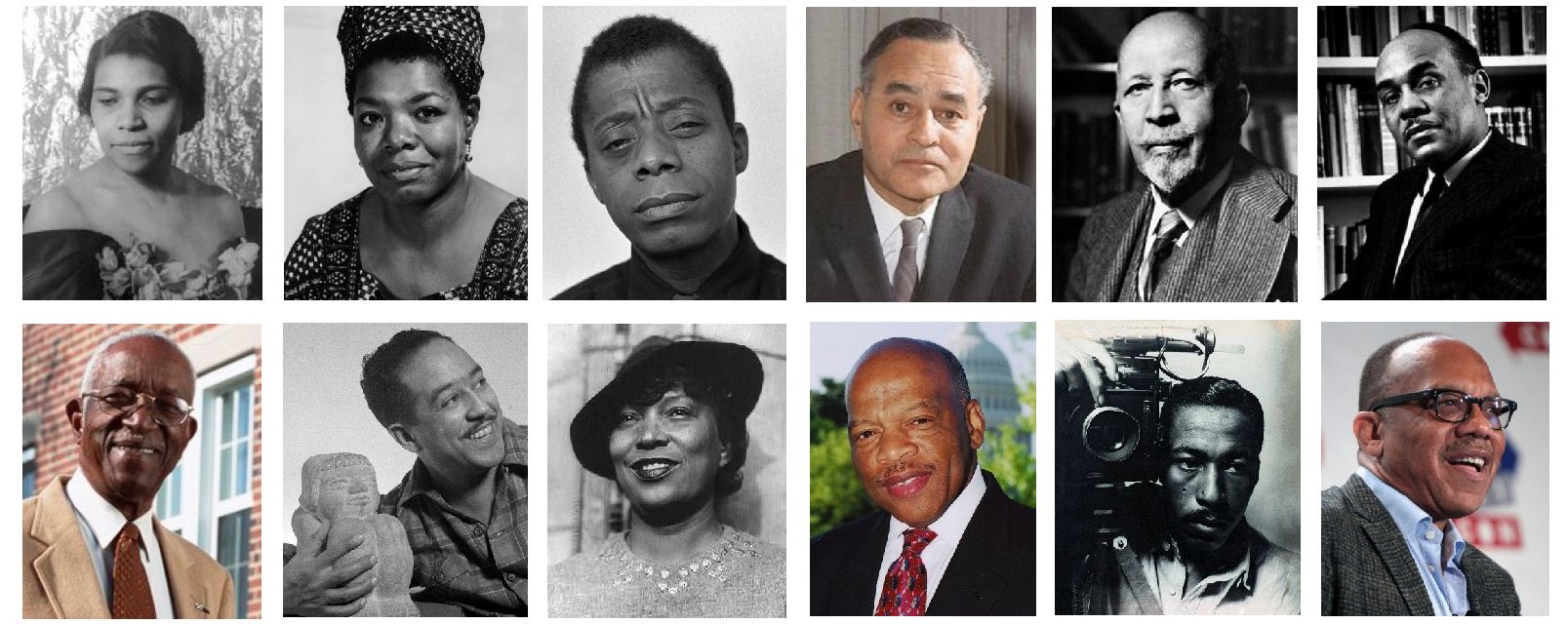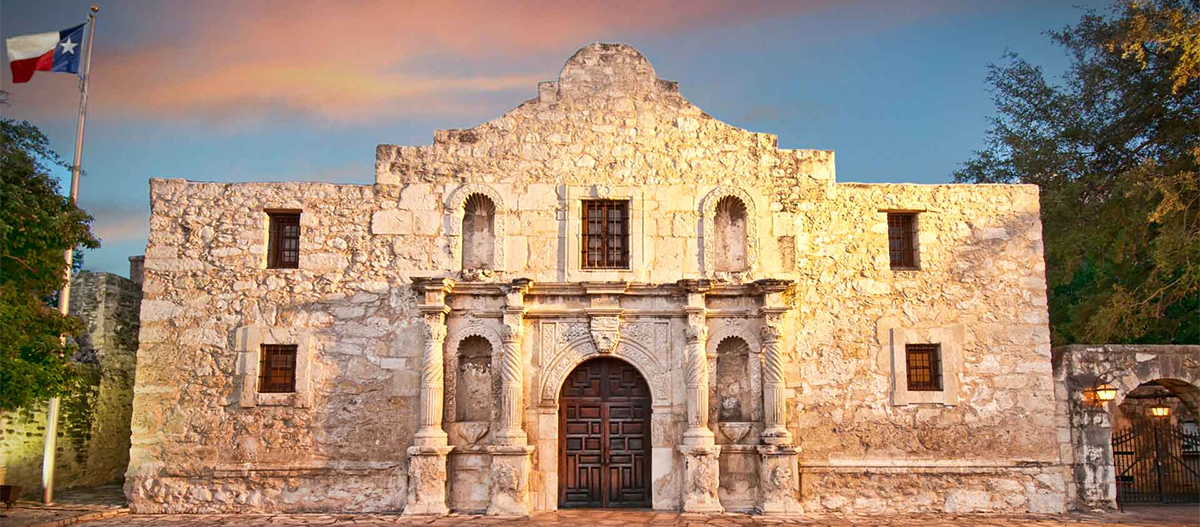
November 2019
Every time we call a computer glitch a bug, we should give a little nod to the “Grand Lady of Software.” Because if it wasn’t for Grace Hopper and the moth she found wedged in the hulking Mark II computer’s relay, the computer bug might have been known by any other name.
Hopper’s influence goes far beyond the bug. Hopper played such a significant part in the early history of computing that her influence, like technology itself, appears everywhere. Her resume would say she was a computer programmer—and she was—as important to the development of computers as Charles Babbage and Ada Lovelace. But her voice and vision are apparent in both technology and the way we talk about it.

The two hundred men John Smith left behind him in the fort may not have been well trained or organized, but they were a determined bunch. Beneath the dirt and grime and stubble and rags was a group who had been tested and not found wanting. Many of them had been among the first to answer the call, to join Stephen Austin’s Army of the People.
Read the full dramatic story in "Storming of the Alamo," by Charles Ramsdell, Jr.
David S. Reynolds is Distinguished Professor at the City University of New York and the Bancroft Prize-winning author or editor of 15 books about American history, literature and culture, including Mightier than the Sword: Uncle Tom's Cabin and the Battle for America and Walt Whitman's America. Prof. Reynolds eloquently described the time of Andrew Jackson in Waking Giant: America in the Age of Jackson. We are grateful to him for giving us this thoughtful look at Old Hickory and his impact on our nation.
--The Editors
Editor's Note: Prof. Dick Howard has been in a unique position to see first-hand the impact of the ideas of our Founders around the world. Since he was executive director of the commission that wrote a new constitution for the Commonwealth of Virginia in 1971, Prof. Howard has consulted with 15 countries in writing their constitutions including Albania, Brazil, Czechoslovakia, Hungary, Poland, Hong Kong, Romania, Russia, Malawi, South Africa, and the Philippines. He is now the White Burkett Miller Professor of Law and Public Affairs at the University of Virginia.
The delegates who signed their names to the Declaration of Independence in July 1776 knew that they had an audience beyond the King and Parliament in Great Britain. They declared that a “decent Respect to the Opinions of Mankind” obliged them to specify the nature of the grievances which led them to declare independence. Indeed, by basing their case on “the Laws of Nature and of Nature’s God,” the American drafters assumed a world of values not limited to the Anglo-American sphere.
